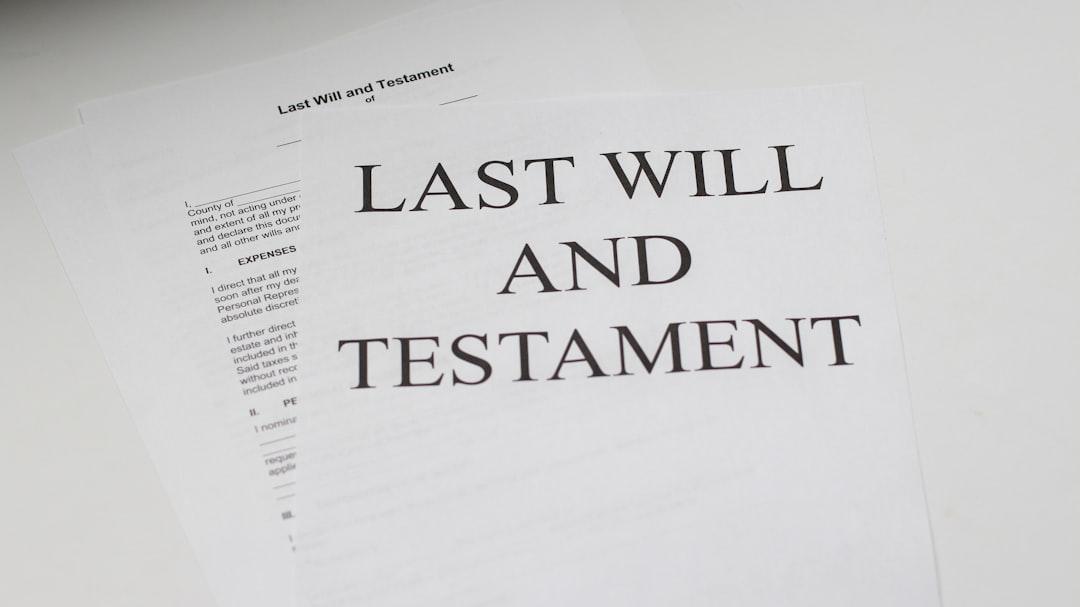
It’s crucial to ensure your wishes are respected and your loved ones are cared for after you’re gone. Yet, many individuals make common mistakes that can lead to complications, disputes, or unintended consequences. This post will outline the most frequent pitfalls in estate planning and provide actionable insights on avoiding them.
Understanding the Basics of Estate Planning
Estate planning includes preparing documents like wills, trusts, and powers of attorney. The aim is to ensure your assets are distributed according to your wishes, all while minimizing taxes and legal complications. You might think estate planning is only for the wealthy, but that’s a common misconception. According to a reputable California Estate Planning Lawyer, everyone has an estate, which includes everything you own—your house, cars, bank accounts, and personal belongings. Therefore, having a solid estate plan is essential for everyone.
Common Myths About Estate Planning
Mistake #1: Failing to Create a Will
Creating a will is one of the simplest ways to ensure your intentions are respected. It lets you specify who receives your belongings and how your debts should be settled. Intestacy laws may not reflect your wishes, which can create discord among family members. For instance, if you intended for a specific family member to receive your property, intestacy laws may allocate it differently, leading to disputes. Creating a will doesn’t have to be daunting. Start by reviewing your assets and deciding how you want them distributed. Be clear about your intentions, and consider including a list of personal belongings with sentimental value. Next, choose an executor—someone you trust to manage your estate and fulfill your wishes. This person will ensure your estate is handled according to your plan. Finally, consult a legal professional to ensure your will meets state requirements and is legally binding.
Mistake #2: Ignoring the Power of Trusts
A trust is a legal arrangement that allows a third party, known as a trustee, to manage your assets on behalf of your beneficiaries. Trusts can help you avoid probate and offer greater control over your assets’ distribution. Revocable trusts can be altered or dissolved during your lifetime, providing flexibility. On the other hand, irrevocable trusts cannot be modified once established, offering potential tax benefits and protection from creditors. Incorporating trusts into your estate planning can provide numerous benefits. For one, your beneficiaries can access their inheritance more quickly. Trusts also offer greater privacy than wills, as they are not public records.
Additionally, trusts allow you to set specific conditions on how and when your assets are distributed, ensuring your wishes are followed. Trusts can help mitigate potential disputes and protect your legacy if you have significant assets or complex family dynamics. Consulting an estate planning attorney can help you determine the best type of trust for your situation and ensure it aligns with your overall estate plan.
Mistake #3: Not Updating Your Estate Plan
An estate plan isn’t a one-time task; it requires regular updates to remain relevant. Several life events should trigger a review of your estate plan. These include getting married, having children, experiencing a significant change in income, or relocating to a different state with varying estate laws. Additionally, changes in relationships, such as a death or divorce, should prompt a reassessment. Even if your financial situation has stayed the same, reviewing your plan every few years is wise to ensure it remains aligned with your goals.
Your estate plan reflects your values and care for your loved ones. Take the time to assess your current situation, seek professional guidance, and ensure your wishes are honored after you leave. Consider taking the next step by revisiting your estate plan today or consulting a qualified estate planning attorney. The peace of mind you’ll gain is invaluable for you and those you cherish most.





